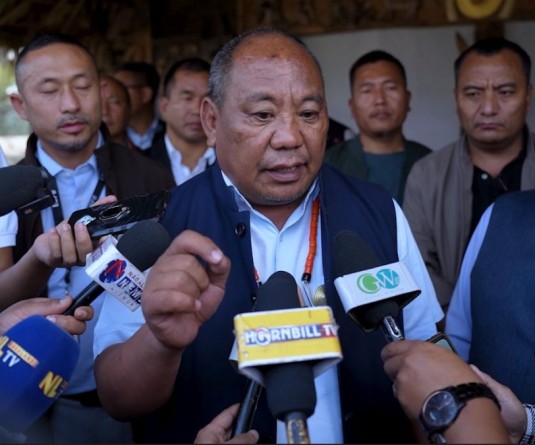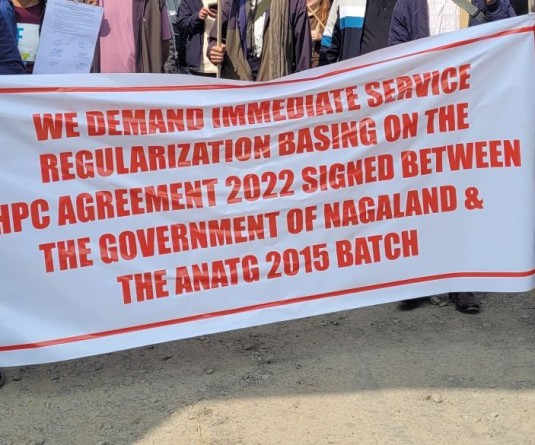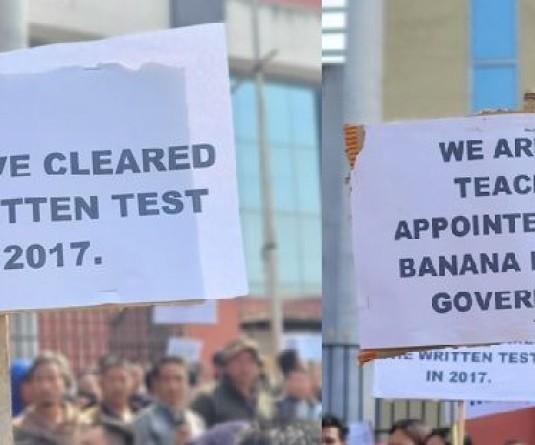
Dimapur, March 29 (MExN): The State Direct Benefit Transfer (DBT) Advisory Board neither conducted quarterly meetings since its constitution on July 2017 as envisaged in the DBT Mission guidelines, nor its implementation Support Layer consisting of three coordinators responsible for technical, non-technical and finance & administrative support to the State DBT Cell’s operations was constituted as envisaged in the guidelines.
This among several other issues were highlighted in the Report of the Comptroller and Auditor General of India (C&AG) on Social, Economic, General and Revenue Sectors for the year ended March 31, 2020, with regard to the Government of Nagaland. The report was tabled in the Nagaland Legislative Assembly on March 28.
A press brief from the office of the Principal Accountant General (Audit) on Wednesday said the report contained two Performance Audits and 11 Compliance Audit Paragraphs. It covered 'Direct Benefit Transfer' and 'Mission for Integrated Development of Horticulture in Nagaland' and included Compliance Audits on 'Ministry of Development of North Eastern Region funded Non-Lapsable Central Pool of Resources Projects in Nagaland' and 'Processing of refund claims under Goods and Service Tax'.
The Performance Audit on DBT covered the period from April 2017 to March 2020. Out of 65 schemes implemented by 15 Departments in Nagaland, two Centrally Sponsored Schemes (CSS) implemented by two Departments were selected on the basis of volume of expenditure, it said.
Besides not conducting quarterly meetings, the report observed that the State DBT Cell failed to upload all CSS data to the State/Bharat DBT Portal and respective Ministries/Departments' portals. It also noted that in March 2020, only 11.60% of Mahatma Gandhi National Rural Employment Guarantee Scheme (MGNREGS) payments were made through DBT, with the majority being paid through a Village Development Board due to a lack of banking facilities. The State Government's mission mode approach to fully implement DBT in MGNREGS failed due to a lack of fixed timelines. Pradhan Mantri Awas Yojana-Urban (PMAY-U) suffered from delayed fund releases to the Implementing Department and payments to ineligible beneficiaries, it added.
The report recommended that the State Government take several measures to ensure the successful implementation of DBT schemes, including the constitution of all three Implementation Support Layers under the State DBT cell, convening State DBT Advisory Board Meetings, ensuring MGNREGS beneficiaries are enrolled and sensitized for Aadhaar seeding, implementing the DBT scheme directly to beneficiaries' bank accounts, prioritizing the development of Banking/Post Office System, using India Post Payments Bank for DBT, obtaining remaining installments of PMAY-U from the GoI, and releasing them to beneficiaries.






